What about the family planning and reproductive health needs of men and boys?
The world celebrates Men’s Health Awareness Month every June, and International Men’s Health Week is June 12–18. This gives us an invitation to reflect on how far we have come and how far we still need to go to improve awareness and understanding of health and wellness for men and boys. Questions to ask include:
- What are the most common health issues that men and boys experience?
- What are the most preventable health issues that men and boys experiences?
- How might we support men’s and boys’ health seeking behavior and health care access?
Globally, we have made great strides in expanding access to make family planning (FP) and sexual and reproductive health (SRH) information, services, and methods among women and girls since the 1995 Fourth World Conference on Women in Beijing Platform. But what about men and boys? Few primary male contraceptive methods are available, such as male condoms, vasectomy, withdrawal, and fertility awareness. The global community needs more male-specific methods to enable men and boys to consider and accept FP as their responsibility too.
Engaging Men and Boys in Family Planning
In addition to men and boys experiencing health issues related to FP/SRH, research shows that engaging men and boys in FP/SRH can result in the following benefits for themselves and in their relationships with others1:
- Improved health and well-being.
- Increased reproductive empowerment for people across genders.
- Strengthened relationship dynamics.
- Sustained life impacts.
Breakthrough ACTION continues to develop tools and resources to support program implementers to increase and improve male engagement in FP/SRH. Most recently, the project launched the free online course Know, Care, Do: A Theory of Change for Engaging Men and Boys in Family Planning. Course participants will deepen their understanding of what engaging men and boys in FP/SRH means and how programs and services can engage them in supportive, affirming, and gender equitable ways. Throughout this course, participants will familiarize themselves with the Know, Care, Do theory of change and case studies that guide the design and implementation of programs and services aiming to increase and improve men’s and boys’ engagement in FP/SRH across their life course and across all levels of the socio-ecological model.
Set aside two hours this month to complete the new online course Know, Care, Do: A Theory of Change for Engaging Men and Boys in Family Planning. Also, share it with anyone interested in learning more about engaging men and boys in FP/SRH and how to design more effective programs and services.
Resources
Online Course
- Know, Care, Do: A Theory of Change for Engaging Men and Boys in Family Planning (English, French forthcoming)
Other Resources
- Know, Care, Do: A Theory of Change for Engaging Men and Boys in Family Planning (English, French, Spanish)
- Case Studies: Know, Care, Do: Case Studies (English, French forthcoming)
- Advancing Male Engagement in Family Planning and Reproductive Health: An Advocacy Tool (English, French)
- Reflection and Action Tool: Integrating a Life Course Approach in Programming with Boys & Men for Gender Equality (English, French, Spanish)
- Understanding the Male Life Course: Opportunities for Gender Transformation (English)
References
- Greene, M. E., Berger, B. O., Hakobyan, L., Stiefvater, E., & Levtov, R. G. (2020). Getting to equal: Men, gender equality and sexual and reproductive health and rights. Promundo-US. https://promundoglobal.org/resources/getting-to-equal-men-gender-equality-and-sexual-and-reproductive-health-and-rights

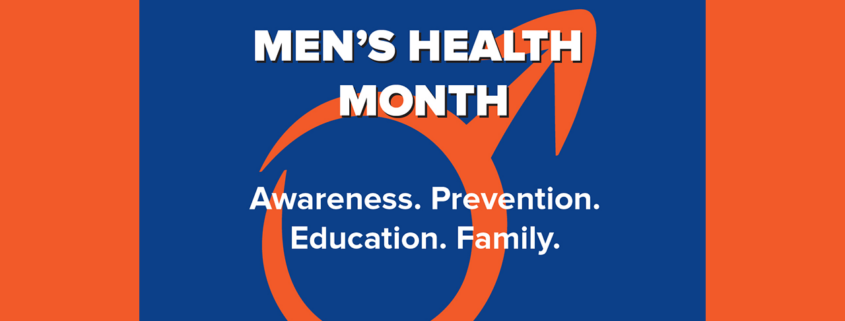
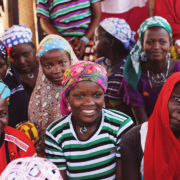 Cambey Mikush/Photoshare
Cambey Mikush/Photoshare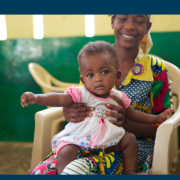 Sara Holbak/VectorWorks/Photoshare
Sara Holbak/VectorWorks/Photoshare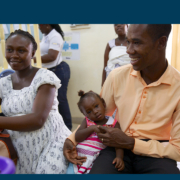 Sarah Hoibak/VectorWorks/Photoshare
Sarah Hoibak/VectorWorks/Photoshare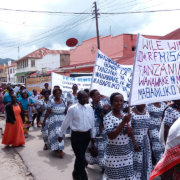 Rebekah Munnikhuysen/US Peace Corps/Photoshare
Rebekah Munnikhuysen/US Peace Corps/Photoshare Getty Images/Image of Empowerment
Getty Images/Image of Empowerment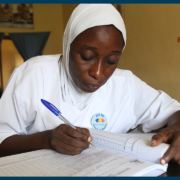 © 2012 CCP/NURHI 2, Courtesy of Photoshare
© 2012 CCP/NURHI 2, Courtesy of Photoshare